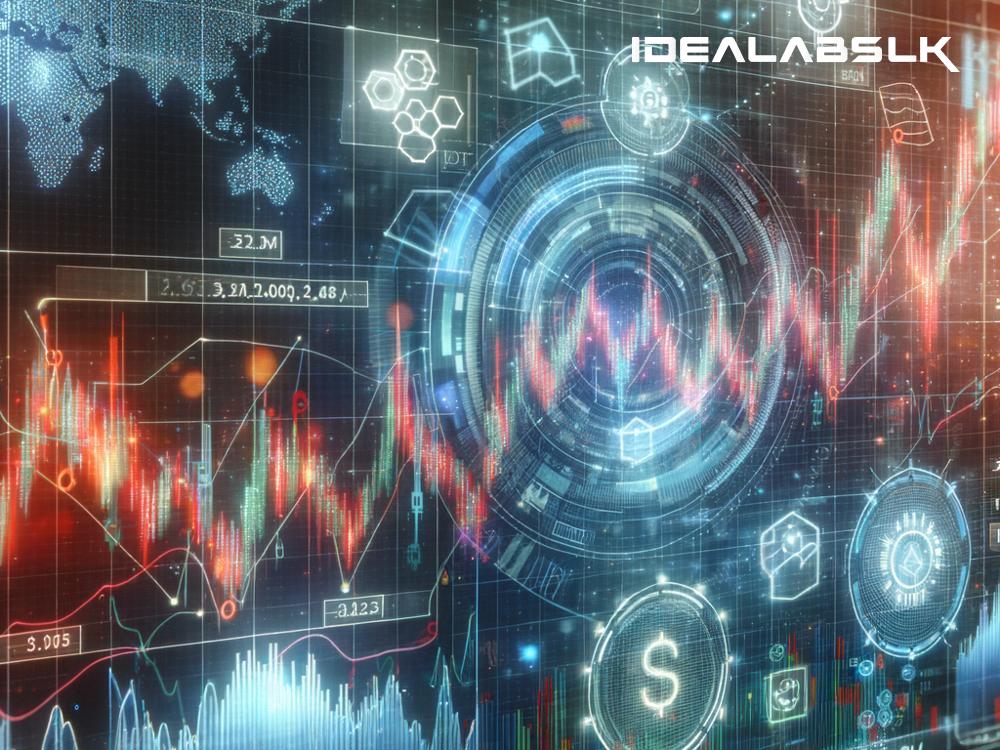AI for Trading: How Artificial Intelligence is Enhancing Predictive Models
In the fast-paced world of trading, making decisions at the right time is crucial. Years ago, traders had to rely on their gut feeling and basic statistical tools to make predictions about the market. But with the advent of artificial intelligence (AI), the game has changed. AI has revolutionized the way predictions are made in the trading world, opening up new opportunities for investors and traders alike. Let’s dive into how AI is enhancing predictive models in trading, making the process more efficient and accurate.
What Is AI, Anyway?
Before we get into specifics, let's break down what we mean by artificial intelligence. At its core, AI is a branch of computer science that aims to create systems capable of performing tasks that would normally require human intelligence. This includes things like understanding natural language, recognizing patterns, learning from experience, and making decisions.
In the context of trading, AI can process massive amounts of data at speeds and depths that humans simply cannot match. It can analyze market trends, global economic indicators, and news events in real-time, helping traders make more informed decisions.
Enhancing Predictive Models
Predictive models in trading are algorithms used to forecast future price movements of financial instruments based on historical data. These models have been around for a while, but AI has significantly improved them in several ways:
-
Processing Power: AI can crunch a colossal amount of data in the blink of an eye. It can analyze decades of market data, news articles, social media feeds, and financial reports, much faster than any human or traditional statistical model could. This means predictions are based on a much broader and deeper dataset.
-
Pattern Recognition: One of AI’s strengths is its ability to recognize complex patterns in data. In trading, patterns can signal potential market movements. AI algorithms can sift through historical data to identify these patterns, some of which might be invisible to the human eye. This capability enhances predictive models by making them more accurate.
-
Adaptability: Markets are constantly changing, and a predictive model that worked yesterday might not work tomorrow. AI models can adapt to changing market conditions in real-time. They learn from new data and can adjust their predictions accordingly. This adaptability makes AI-driven predictive models far more reliable than static models.
-
Risk Management: Predictive models powered by AI can also help in managing risk more effectively. By accurately forecasting market downturns or volatile periods, AI enables traders to adjust their strategies to mitigate losses. This is critical in trading, where preserving capital is as important as making profits.
-
Eliminating Bias: Human traders often make decisions based on emotions or cognitive biases. AI, however, doesn’t have emotions. Its predictions are based solely on data and logic, which helps in making more rational and unbiased trading decisions.
Real-world Applications
Today, many hedge funds, institutional investors, and financial services firms are leveraging AI to enhance their trading strategies. From algorithmic trading, where buy or sell orders are automatically executed when certain conditions are met, to sentiment analysis, where AI algorithms analyze news articles and social media to gauge market sentiment, the applications are vast and varied.
Retail traders, too, are benefiting from AI. Numerous trading platforms now offer AI-powered tools and analytics, making sophisticated predictive models accessible to individual investors.
Challenges and Ethical Considerations
While the benefits of AI in trading are clear, there are also challenges and ethical considerations. One concern is the risk of over-reliance on technology, leading to potential market manipulation or systemic risk if many traders are using similar AI models. Additionally, the opaque nature of some AI algorithms can make it difficult to understand why a model made a particular prediction, raising questions about accountability.
The Future of AI in Trading
Despite these challenges, the role of AI in trading is only set to grow. As technology advances, predictive models will become even more sophisticated, offering deeper insights and greater accuracy. The key will be to use these powerful tools responsibly, ensuring they contribute to market efficiency and stability.
In Simple Terms
Artificial intelligence is like a super-smart robot that can read and understand all the books in the world about trading in seconds. It then uses this knowledge to make predictions about what will happen next in the stock market. This helps traders make better decisions, manage risks better, and, hopefully, make more money with fewer mistakes.
In conclusion, AI is not just a buzzword in the trading world; it's a game-changer. By enhancing predictive models, AI is helping traders navigate the complex and volatile environment of the financial markets more effectively than ever before. The future of trading, it seems, belongs to those who can harness the power of artificial intelligence.

